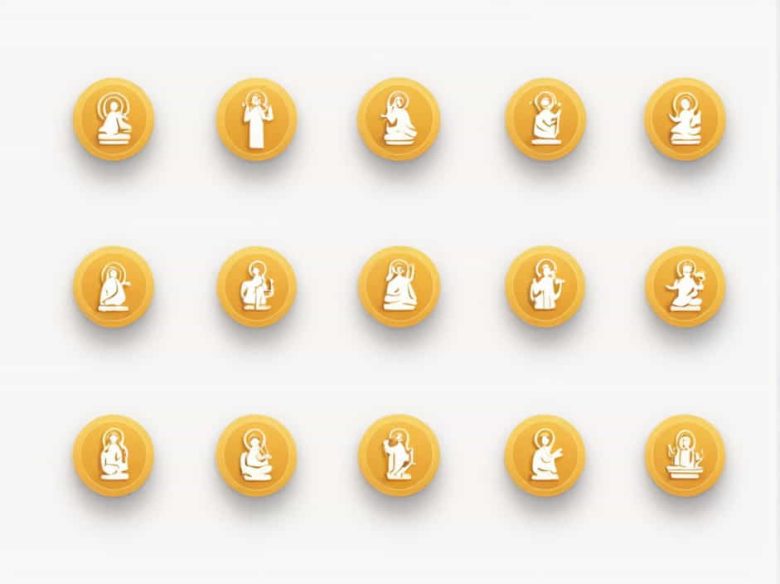William James’ book The Varieties of Religious Experience (1902) is one of the most influential works in the study of religion and psychology. It explores different types of religious experiences how they shape human behavior and their significance in personal and social life.
James a philosopher and psychologist approached religion from a psychological perspective rather than a theological one. His work remains relevant today offering deep insights into how religious experiences vary across cultures and individuals.
Who Was William James?
1. A Pioneer in Psychology and Philosophy
William James (1842-1910) was a leading American philosopher and psychologist. He was one of the founders of pragmatism a school of thought that focuses on practical consequences and experiences rather than abstract theories.
His work in psychology particularly on the nature of consciousness greatly influenced modern psychological studies. In The Varieties of Religious Experience James applied these ideas to religion analyzing how people experience faith on a personal level.
2. His Approach to Religion
Unlike theologians who define religion through doctrines and scriptures James examined it through personal experiences. He was interested in how religious beliefs affect individuals’ emotions thoughts and actions.
Key Themes in “The Varieties of Religious Experience”
1. The Definition of Religion
James defined religion as “the feelings acts and experiences of individual men in their solitude so far as they apprehend themselves to stand in relation to whatever they may consider the divine.”
This means that religion is not just about organized institutions but also about deeply personal experiences.
2. Mysticism and Spiritual Encounters
One of the most fascinating aspects of James’ work is his exploration of mystical experiences. He identified four key characteristics of mystical experiences:
✔ Ineffability – Difficult to describe in words.
✔ Noetic quality – Provides deep insights or revelations.
✔ Transiency – Often short-lived but impactful.
✔ Passivity – The person feels they are being acted upon rather than in control.
He believed that mystical experiences found in various religions worldwide offer valuable insights into human spirituality.
3. The Divided Self and Religious Transformation
James introduced the idea of the “divided self” where a person struggles with inner conflict and eventually finds peace through religion. This transformation often happens in religious conversions where individuals feel renewed after experiencing faith deeply.
He described two types of religious believers:
- “The Healthy-Minded” – People who naturally feel joy and optimism in their faith.
- “The Sick Soul” – Those who experience deep suffering before finding religious relief.
4. The Pragmatic Value of Religion
One of James’ most significant contributions was his idea that religion should be judged by its effects on people’s lives. He believed that whether or not religious beliefs are objectively “true” their psychological benefits make them meaningful.
If religion helps a person find peace purpose or moral strength then it has value regardless of its factual accuracy.
Why “The Varieties of Religious Experience” Still Matters Today
1. A Psychological Perspective on Religion
James’ approach makes religion accessible to people of all backgrounds including believers skeptics and scientists. He focused on how religion is experienced rather than debating its truth making his work relevant for both religious and secular audiences.
2. Universal Themes Across Different Faiths
James’ study included Christianity Buddhism Islam and other religious traditions showing that religious experiences are universal and not limited to one specific faith.
His findings help bridge gaps between religious and non-religious people emphasizing shared human experiences rather than divisions.
3. Influence on Psychology and Spiritual Studies
Modern psychology including positive psychology and transpersonal psychology draws heavily from James’ ideas. His work influences research on spiritual well-being mental health and altered states of consciousness.
Criticisms and Debates
While James’ work is widely respected it has faced some criticisms:
✔ Lack of scientific rigor – Some argue that his approach is too subjective.
✔ Focus on extreme cases – He mainly studied dramatic religious experiences rather than everyday faith.
✔ Overemphasis on individual experience – Critics believe religion’s social and cultural aspects are equally important.
Despite these critiques The Varieties of Religious Experience remains a foundational text in religious and psychological studies.
William James’ The Varieties of Religious Experience is a groundbreaking exploration of faith mysticism and personal transformation. By focusing on individual experiences rather than religious dogma James provided a fresh perspective that remains influential today.
Whether you are religious spiritual or simply curious about human psychology this book offers valuable insights into the nature of belief and the human search for meaning.



